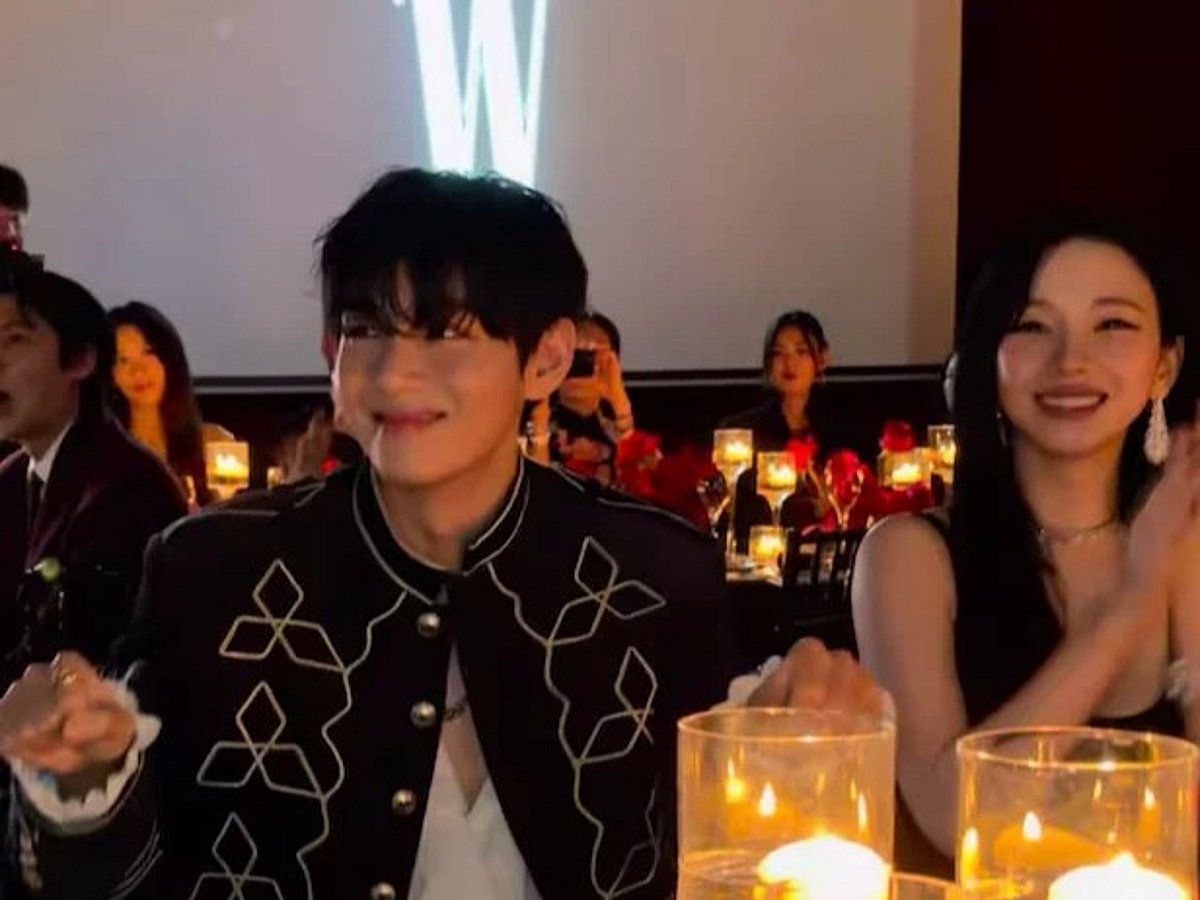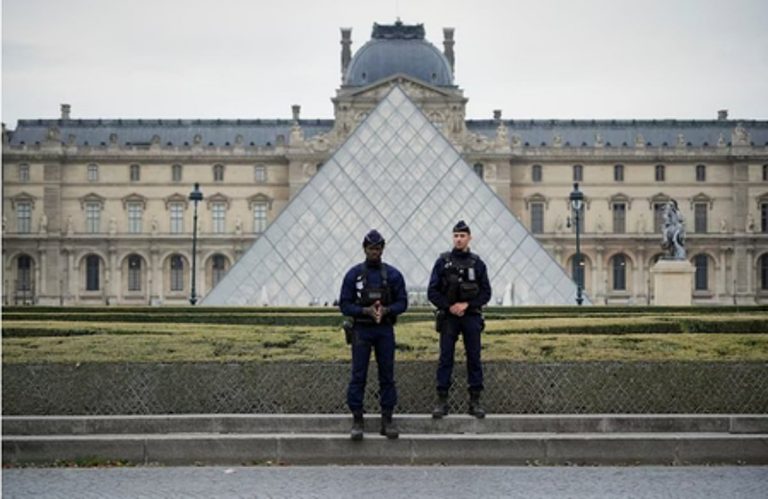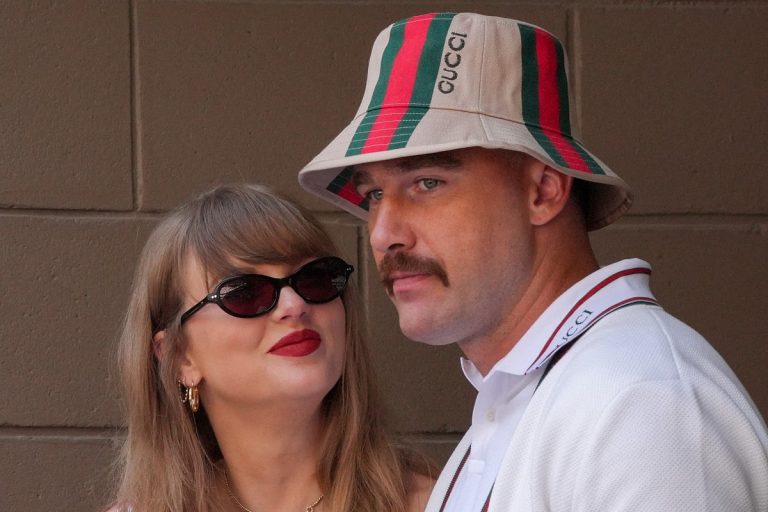Backlash Over Celebrity Focus at Korean Breast Cancer Gala
A recent gala aimed at raising breast cancer awareness has drawn significant backlash for its perceived focus on celebrity culture rather than the cause itself. The event, hosted by W Korea at the Four Seasons Hotel in Seoul, featured numerous K-pop stars but has been criticized for appearing tone-deaf to the serious nature of breast cancer.
The Event and Its Criticism
The “Love Your W” gala took place on Wednesday and attracted some of the biggest names in K-pop, including members of BTS, Stray Kids, aespa, and Ive. While the event was intended to promote breast cancer awareness, many attendees and social media users expressed concern that it resembled more of a lavish celebrity party than a charitable gathering. Observers noted the absence of traditional symbols of support, such as pink ribbons, which are commonly associated with breast cancer awareness.
The situation escalated when Jay Park performed his song “Mommae,” which some critics deemed inappropriate given the event’s purpose. Following the performance, Park issued an apology on social media, stating, “I performed as I normally do in good faith. I sincerely apologize if any cancer patients felt uncomfortable.”
Social Media Backlash
Social media reactions intensified as videos surfaced showing members of Le Sserafim and aespa engaging in celebratory behavior, including posing with drinks. Many users found these actions to be disrespectful, especially in the context of a charity event meant to honor those affected by breast cancer.
Adding to the controversy, W Korea published an article titled “Inside W Korea’s Breast Cancer Party,” which many interpreted as prioritizing the event’s glamour over its charitable mission. Although the article has since been removed, the magazine has not yet released an official statement addressing the growing criticism.
The Importance of Awareness
Breast cancer awareness is crucial, as early detection and education can significantly impact outcomes for those diagnosed. Events like the “Love Your W” gala are intended to foster support and raise funds for research and treatment. However, the recent backlash highlights the need for such events to maintain a clear focus on their charitable objectives.
FAQs
What was the purpose of the “Love Your W” gala?
The gala aimed to raise awareness and funds for breast cancer, bringing together celebrities to promote the cause.
Why did Jay Park apologize after his performance?
Jay Park apologized because some attendees felt his performance was inappropriate for a charity event focused on breast cancer awareness.
How did social media react to the gala?
Many users criticized the event for appearing more like a celebrity party than a charitable gathering, highlighting a lack of focus on the serious nature of breast cancer.
Conclusion
The backlash surrounding the “Love Your W” gala underscores the importance of aligning celebrity events with their intended charitable missions. As the conversation continues, it remains essential for organizers to ensure that awareness efforts genuinely reflect the cause they aim to support. Moving forward, clearer communication and a focus on the mission may help restore trust and respect for such initiatives.
The criticism surrounding the “Love Your W” gala reflects broader societal concerns about the intersection of celebrity culture and charitable causes. Many advocates argue that high-profile events should prioritize the issues at hand rather than becoming platforms for entertainment and glamour. This incident has sparked discussions about the responsibilities of public figures and organizations in promoting awareness for serious health issues, emphasizing the need for sensitivity and authenticity in their messaging.
In South Korea, breast cancer remains a significant health concern, with ongoing efforts to improve early detection and treatment options. Awareness campaigns often rely on public engagement and support from influential figures to reach wider audiences. However, the backlash from this gala may prompt a reevaluation of how such events are structured, ensuring that they effectively balance celebrity involvement with genuine advocacy for the cause. As public sentiment evolves, it is crucial for future initiatives to foster a more respectful and focused approach to raising awareness and funds for breast cancer.
Also Read:
Breast Cancer Awareness: Myths and Screening Importance






